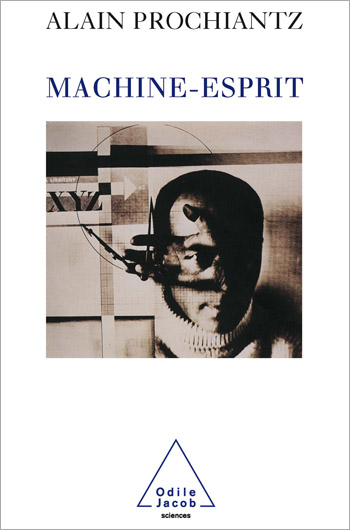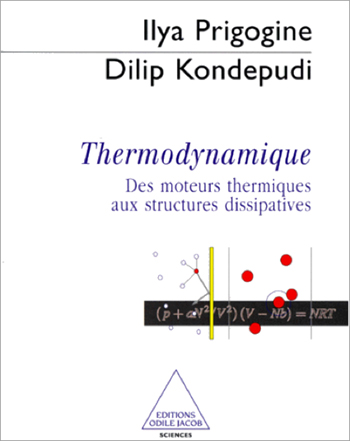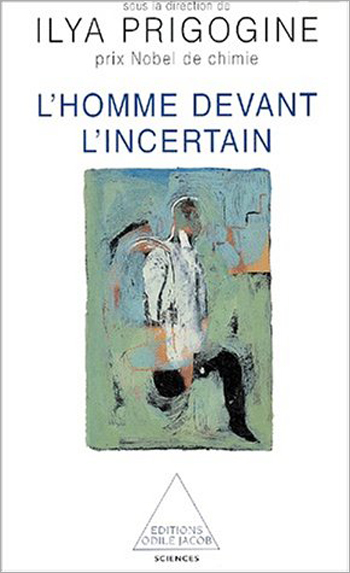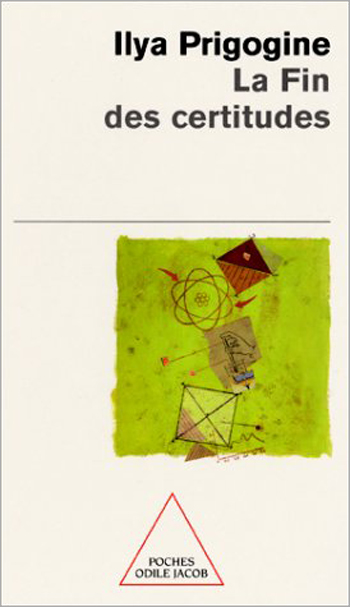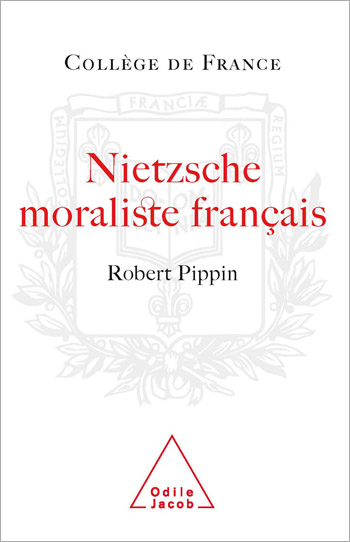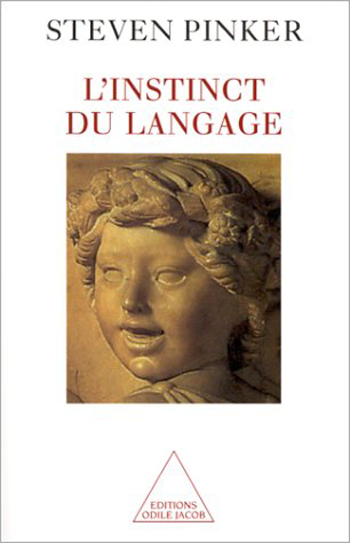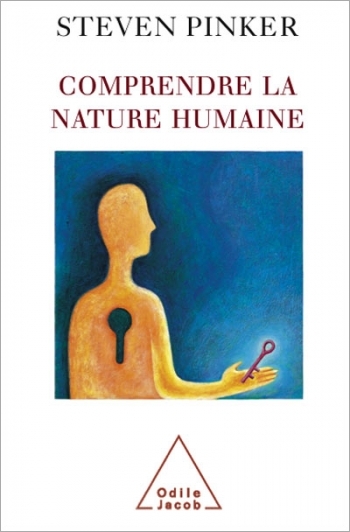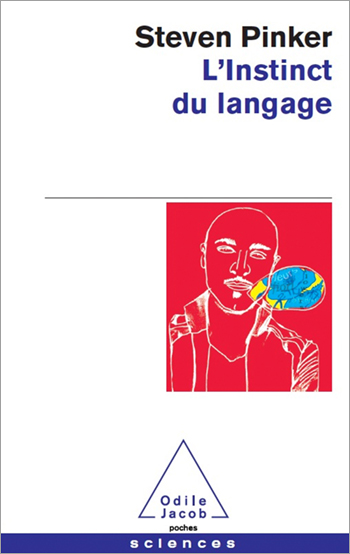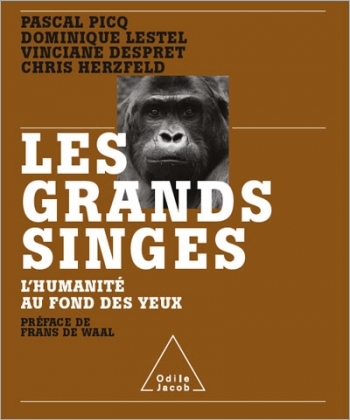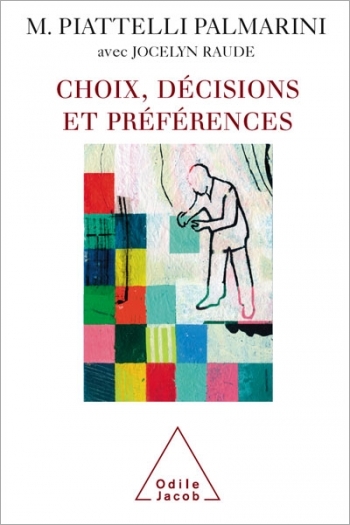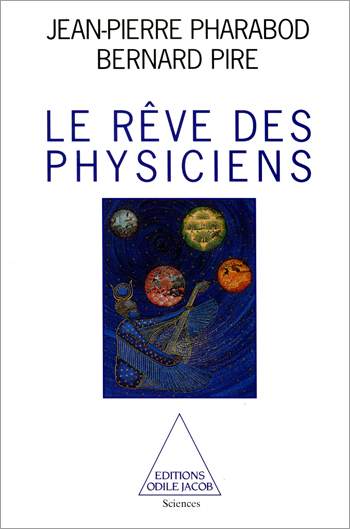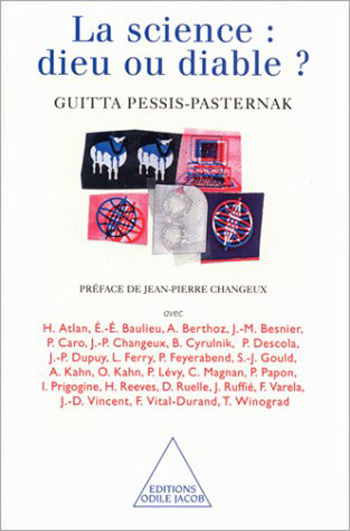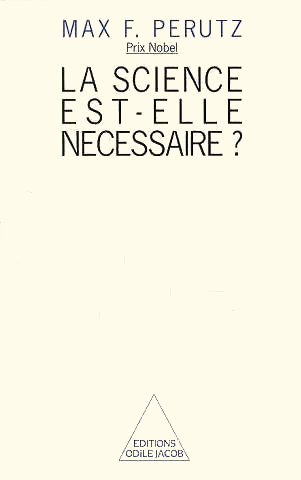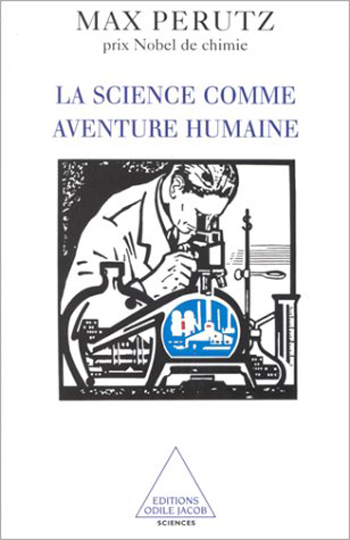Science All books

Ilya Prigogine
The End of Certainties (Coll. Opus)
As we come to the end of the century, the question of the future of science is often posed. I believe we are just at the beginning of a new endeavour. We are witnessing the development of a science which is no longer limited to simplified, idealised situations, but makes us face the complexity of the real world. This new science will allow human creativity to be experienced as the unique expression of a fundamental trait common to all aspects of nature. Ive tried to present this conceptual transformation, which implies the beginning of a new chapter in the fruitful relations between physics and mathematics, in a manner that will be comprehensible and accessible to all readers interested in the evolution of our ideas of nature. We are but at the threshold of a new chapter in the history of our dialogue with nature, writes Ilya Prigogine. Ilya Prigogine, winner of the Nobel Prize for Chemistry, teaches at the Free University of Brussels and at the University of Texas, in Austin.
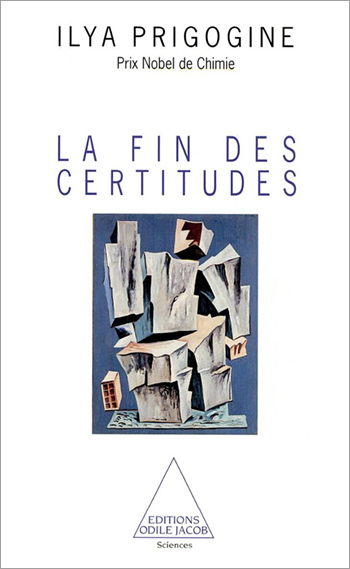
Ilya Prigogine
The End of Certainties
As we come to the end of the century, the question of the future of science is often posed. I believe we are just at the beginning of a new endeavour. We are witnessing the development of a science which is no longer limited to simplified, idealised situations, but makes us face the complexity of the real world. This new science will allow human creativity to be experienced as the unique expression of a fundamental trait common to all aspects of nature. Ive tried to present this conceptual transformation, which implies the beginning of a new chapter in the fruitful relations between physics and mathematics, in a manner that will be comprehensible and accessible to all readers interested in the evolution of our ideas of nature. We are but at the threshold of a new chapter in the history of our dialogue with nature, writes Ilya Prigogine. Ilya Prigogine, winner of the Nobel Prize for Chemistry, teaches at the Free University of Brussels and at the University of Texas, in Austin.
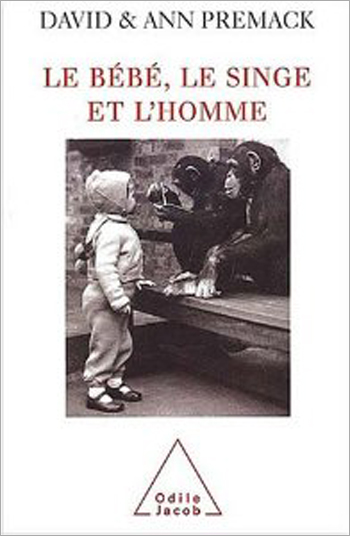
Ann Premack, David Premack
The Baby, the Ape and Man
The issue of the differences and similarities between humans and their cousins the chimpanzees governs the definition of human identity. How can this difference be explained? By studying the learning process of chimpanzees and comparing it to that of children, Ann and David Premack were gradually able to discover a series of differences, none of which were radical but when put together showed a yawning gap between the two species. The results they obtained enabled them to reconstruct little by little the sum of the differences that make up human identity. Ann and David Premack are specialists in the study of primates.
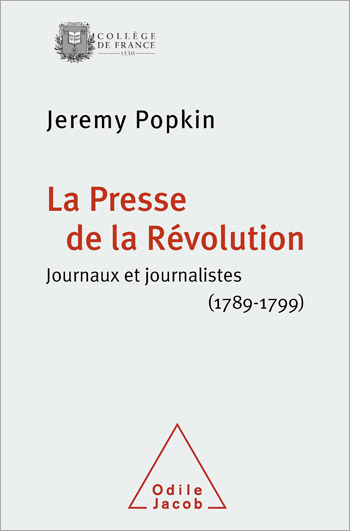
Jeremy Popkin
Revolutionary News The Press In France, 1789-1799
The French Revolution invented a written press of a radically new type, one that was able to transmit to the French...
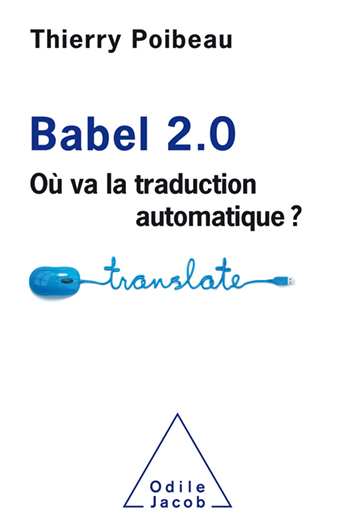
Thierry Poibeau
Babel 2.0 Where does machine translation go?
The complexity of natural language and its ambiguities are well designed to confuse the fully rational algorithms of our computers. The
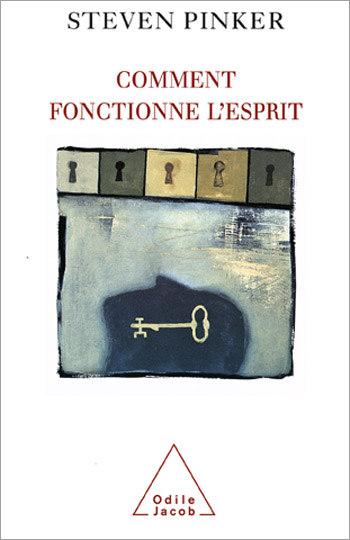
Steven Pinker
How the Mind Works
In his new book, Steven Pinker studies the human mind. What is it? How did it evolve? How does it enable us to see, think, feel, laugh, interact with others, have aesthetic experiences, and reflect on our own lives? This is the long-awaited synthesis encompassing all the major explanations offered by evolutionary biology and the cognitive sciences concerning mental life of human beings. Steven Pinker heads the Center of Cognitive Neurosciences at the Massachusetts Institute of Technology. He is the author of the highly acclaimed Language Instinct.
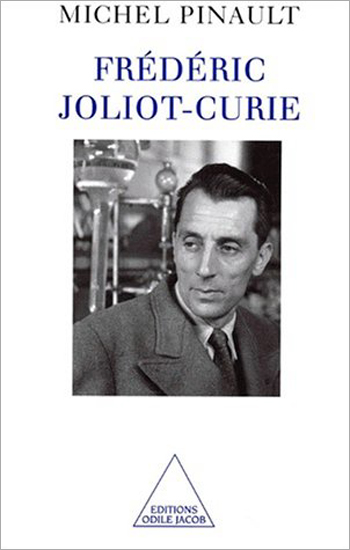
Michel Pinault
Frédéric Joliot-Curie
This is the first biography of Frédéric Joliot-Curie, the founder of French nuclear research and winner of the Nobel Prize for Chemistry in 1935. For many, he represents the political commitment of French intellectuals in the struggle against Fascism in the twentieth century. His life illustrates the transition from traditional science, limited to the world of academia, to Big Science, with major national and international repercussions. Michel Pinault holds an agrégation and a doctorate in history from the University of Paris I.
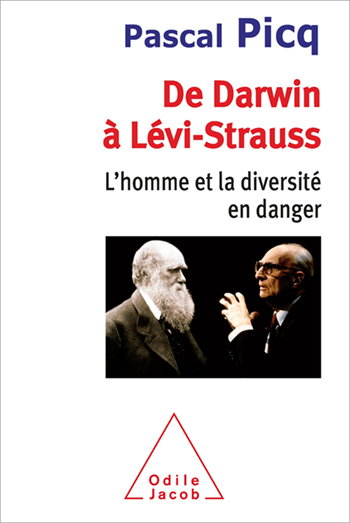
Pascal Picq
From Darwin to Lévi-Strauss
An appeal by an eminent scientist for greater biodiversity, in Nature and humans
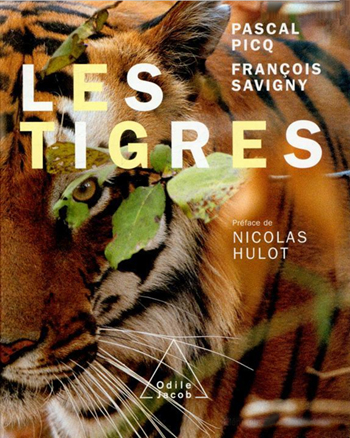
Pascal Picq, François Savigny
Tigers
The tiger is charged with symbolism. In myth and poetry it represents untamed force that can strike suddenly; it can appear stealthily out of nowhere, and vanish just as suddenly.
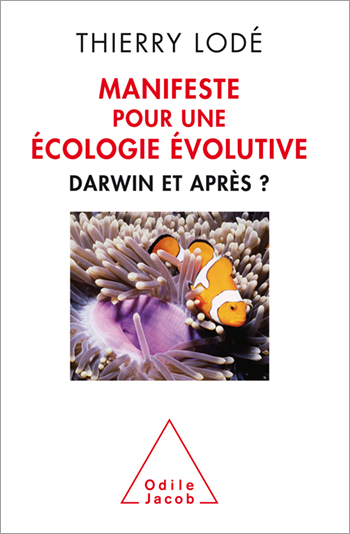
Philippe Miné, Jean-Pierre Pharabod
Fascinating Quantum Field Theory
A fascinating, informed work that takes us to the heart of the quantum revolution
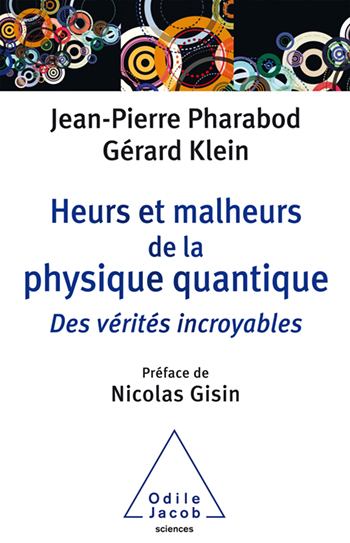
Jean-Pierre Pharabod, Gérard Klein
Fortune and Misfortune in Quantum Physics (Re)discovering the great theories of physics
The great theories of physics seen through the controversies they provoke. Quantum physics and general relativity, the two pillars of modern physics, are a source of fascination to many. Difficult subjects tackled in their historical context and without scientific tools.
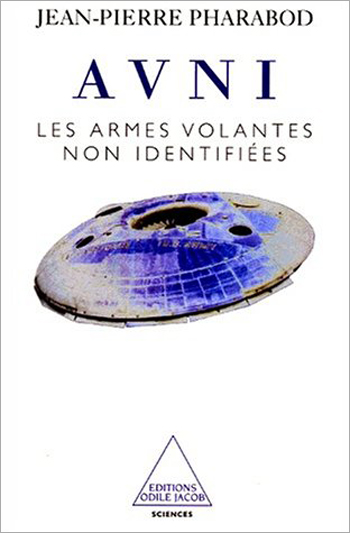
Jean-Pierre Pharabod
UFWs Unidentified Flying Weapons
Most reported sightings of UFOs turn out to be errors, optical illusions, hallucinations, and even practical jokes. But five per cent of all reported cases are more difficult to dismiss. According to the author, the unidentified objects may be clandestine terrestrial aircraft prototypes or secret weapons launched by the major industrialised nations, particularly the United States. Should the mysterious sightings be attributed to UFOs or to UFWs (Unidentified Flying Weapons)?
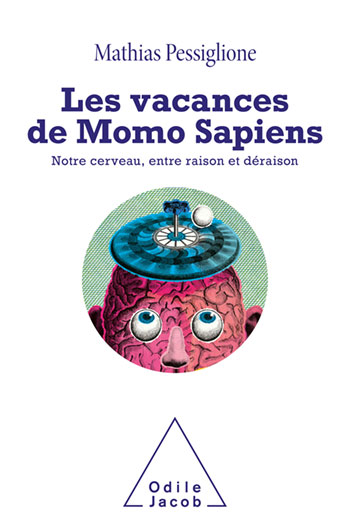
Mathias Pessiglione
The Brain Has Its Reasons Which Reason Doesn’t Know
Momo Sapiens, or the brain caught in flagrante delicto of irrationality
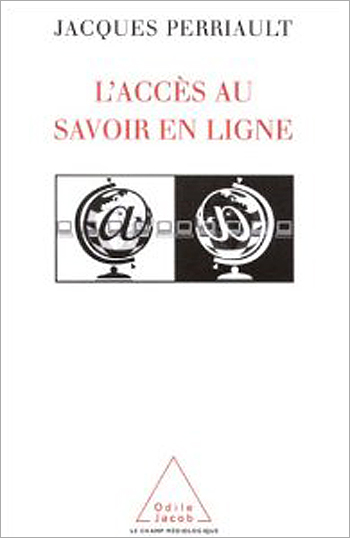
Jacques Perriault
Access to Online Knowledge
It is now possible to research and organise information and study online, through the Internet and with the help of satellites. However, the euphoric claims made for e-learning in the past, and the posturing strategies of telecommunications operators, were followed by a profound feeling of disillusion. What is the digital future ? What role can it play in education ? What measures need to be put in place in order to ensure long-lasting development ? Jacques Perriault teaches media and communications studies at the University of Paris-X-Nanterre.
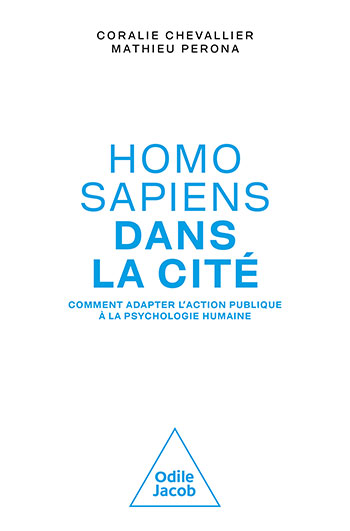
Coralie Chevallier, Mathieu Perona
Homo sapiens In the Public Arena How to Adapt Public Policies to Human Psychology
Finding solutions to the problems citizens are confronted with requires taking into account our complex cognitive functioning as Homo sapiens. An original an innovative book.
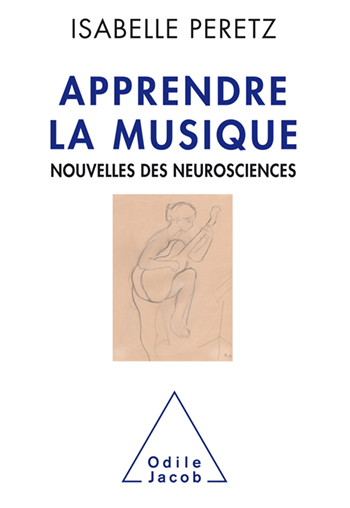
Isabelle Peretz
Learn Music What’s New in the Neurosciences
The fruit of more than thirty years of research on the neurobiological foundations of music in conjunction with education, which tells us everything about the way in which music acts and transforms our brain.
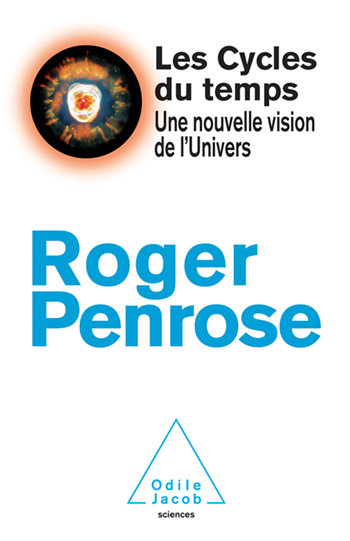
Roger Penrose
Cycles of Time An Extraordinary New View of the Universe
This groundbreaking book presents a new perspective on three of cosmology’s essential questions: What came before the Big Bang? What is the source of order in our universe? And what cosmic future awaits us?

